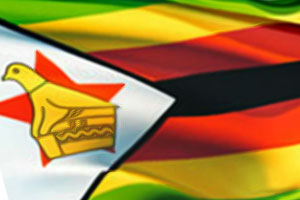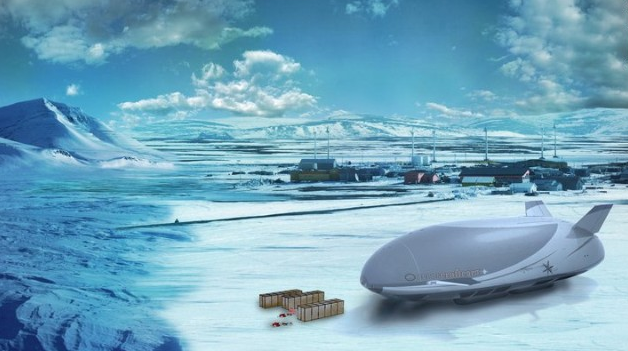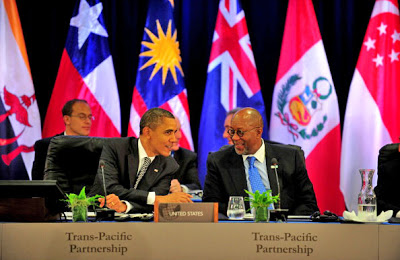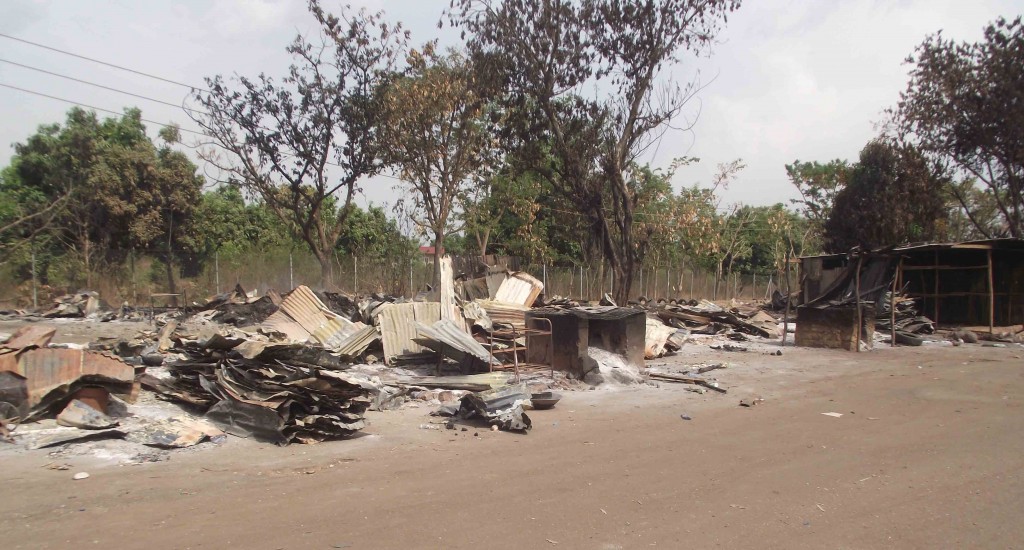The future of Zimbabwe is riding on elections set to be held in March of next year. However recent cuts of $377million to the Canadian International Development Agency’s (CIDA) budget and the decision by the Harper government to suspend aid to Zimbabwe may endanger the transparency of election results.
CIDA has provided support to strengthen elections in the beleaguered country with money allocated to training, monitoring, voter education and constitutional reform but a $3.5million programme to enhance democracy that is scheduled to end next year will not be renewed. The suspension is planned at the same time as a proposed lifting of sanctions imposed in 2002 by the European Union and promoted by the UK, should a successful referendum on a new draft constitution go forward.
Zimbabwe’s last presidential election in 2008 was marked by the violent reprisals of pro-government supporters including thousands of illegal detentions, and a targeted campaign of torture, assaults and rape against the opposition Movement for Democratic Change (MDC) and its leader Morgan Tsvangirai.
[captionpix align=”left” theme=”elegant” width=”320″ imgsrc=”http://www.whiteoliphaunt.com/duckofminerva/wp-content/uploads/2012/10/Tsvangirai_2285903b.jpg ” captiontext=”Opposition leader and current prime minister, Morgan Tsvangirai.”]
Mr Tsvangirai challenged Robert Mugabe, president since 1980 for the country’s top job and won an initial first round vote only to concede defeat before the second round to end the violence. Subsequently, under the Special Economic Measures Act the Canadian government responded by freezing the financial assets in Canada of both Mr Mugabe and his Zimbabwe African National Union-Patriotic Front (Zanu-PF).
As a result of international condemnation, Mr Mugabe was forced to enter into a Government of National Unity (GNU) with the MDC in February of 2009 with Mr Tsvangirai as prime minister. Support for the MDC had been high, but a recent report has shown a dramatic decrease in popularity from 38% in 2010 to only 20% at present, a consequence of their involvement and compromise with the governing Zanu-PF. The report stated that, “Many of the orientations emerging from the survey reveal cynicism and doubt about leadership deals, government and public institutions.”
In 2011, a leaked copy of Zimbabwe’s voters’ roll showed over 2million ‘phantom names’, with 40,000 people over the age of 100 registered as voters. Among other inconsistencies were the inclusion of deceased people, infants, and strangely 16,800 people who were all born on 1 January 1901, despite an average life expectancy of just 51. These suspicious ‘ghost voters’ and election related violence will only serve to discredit future election results.
A New Constitution?
Under the unity government, Zimbabwe is required to draft a new constitution, a process which began in 2009 but has been frequently disrupted along the way by pro-Zanu-PF supporters. In August agreement was reached on an initial draft by Zanu-PF and the MDC that would impose limits on presidential power, set a presidential term of 10 years, increase devolution of powers to the provinces, and strip any president of immunity after leaving office. The two year process involved over 4000 meetings with the public participation of more than one million people. However, since then Zanu-PF has come forward with over 260 proposed changes to the draft which would reverse most of the opposition demands and largely destroy the reform process. The previous constitution has been amended 19 times since 1980, cementing Mr Mugabe’s absolute hold on power.
Although initial speculation held that the draft constitution would be voted on in a national referendum in November, according to the Parliamentary Select Committee on the Constitution (Copac) charged with compiling a report from stakeholder conferences, it now seems more likely to be voted on in January 2013. Delaying the referendum plays into the hands of Zanu-PF as there will be no time for the MDC to organise a viable election campaign.
Although Zimbabwe’s economy has recently made significant gains and inflation has stabilised due to dollarization, hyper-inflation sky rocketed to 231 million percent in 2008 and a one trillion dollar note was issued in 2009. Estimated unemployment figures are at 95%, rising poverty and chronic shortages of fuel and food combined with state sponsored violence has led to mass emigration with over three million Zimbabweans leaving the country, a majority seeking refuge in neighbouring South Africa. This vast number of migrants has not only caused a brain drain of critical skills in the economy, but will no doubt reflect itself in election results.
An Unenviable Future
[captionpix align=”right” theme=”elegant” width=”320″ imgsrc=”http://www.thelondoneveningpost.com/wp-content/uploads/2012/08/mugabe31.jpg ” captiontext=”Robert Mugabe, president of Zimbabwe since 1980 and a renowned orator has recently begun to show signs of age. Now 88 and believed to be suffering from cancer he may be facing his last election.”]Many observers believe that Mr Mugabe, now 88 and widely thought to be suffering from cancer, would rather concede power to a successor than contest another election, yet this is something the military generals who wield power from the sidelines and have risen to prominence under his leadership will not allow. For all of his failings, Mr Mugabe remains a symbol of continuity and is revered across southern Africa as an icon of struggle despite his disastrous economic policies. A legitimate fear exists that Mr Mugabe’s death could trigger a civil war amongst the generals as they vie for supremacy.
In a country characterised by deep pessimism over its political and economic future, analysts concur that more violence similar to 2008 is likely for the upcoming March elections. It would be good for the Harper government to seriously reconsider its suspension of CIDA programming in Zimbabwe and take advantage of a critical opportunity to impact positively on the lives of the disenfranchised.




